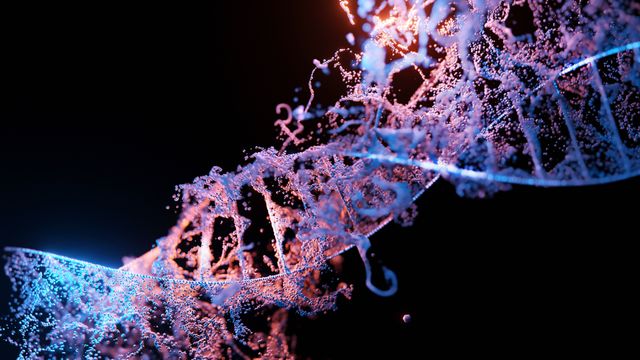Trending News
News
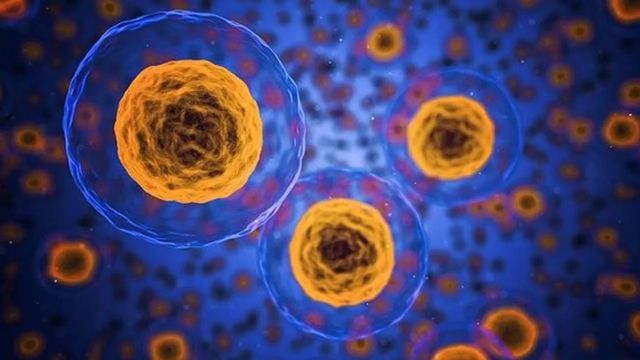
News
New Method Helps With Analysis of Single-Cell Data
A statistical model that removes background noise from single-cell transcriptomic data has been developed.

News
Plants Likely Can Absorb More CO2 Than Previously Expected
New research that tests how vegetation is likely to respond to climate change shows plants can absorb more atmospheric CO2 than previously thought.
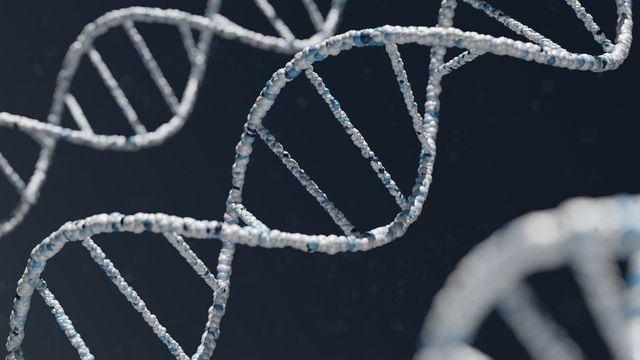
News
Suite of Genes Influence Head Shape in Humans
Researchers have identified a suite of genes that influence head shape in humans, helping to explain head shape diversity and potentially conditions affecting the skull.
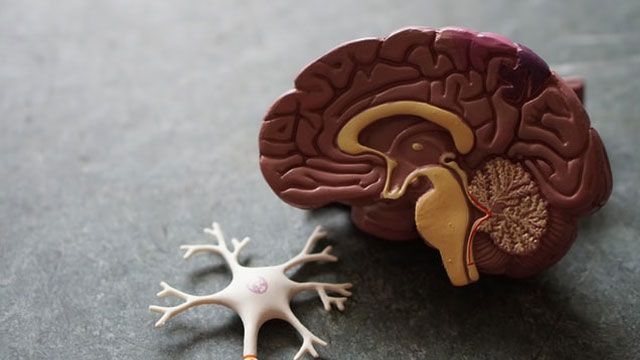
News
Gene Expression Link to Suicide Explored
Suicidal behavior is driven by a mix of psychological, social and biological factors. New research has identified overactive inflammation and loss of critical protection mechanisms in the brain as potential contributors to suicide risk.
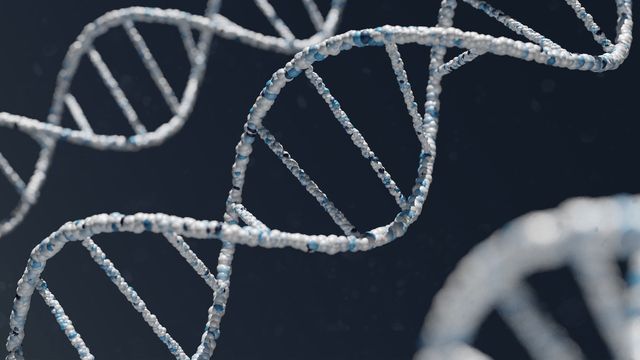
News
Genomic "Tug of War" Could Influence How Cancer Patients Respond to Decitabine
A genomic tug of war for a gene activator could explain why some cancers respond to decitabine and others don't respond or become resistant over time.

News
3D Genome Folding Helps Preserve Identity When Cells Divide
A new MIT study proposes a theoretical model that helps explain how cellular memory is passed from generation to generation when cells divide.
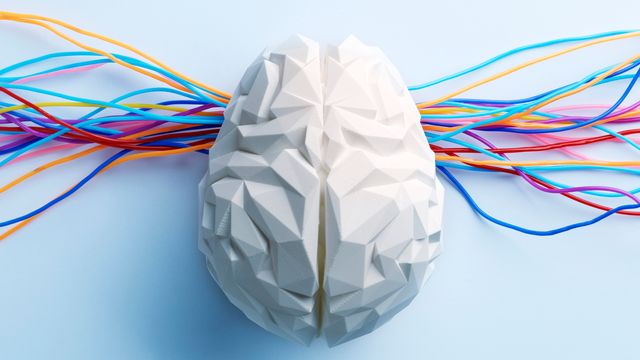
News
Humans Share the Blueprint of Their Brain With Sea Anemones
New research finds the same genetic mechanisms at work during neural development in both humans and Nematostella vectensis.
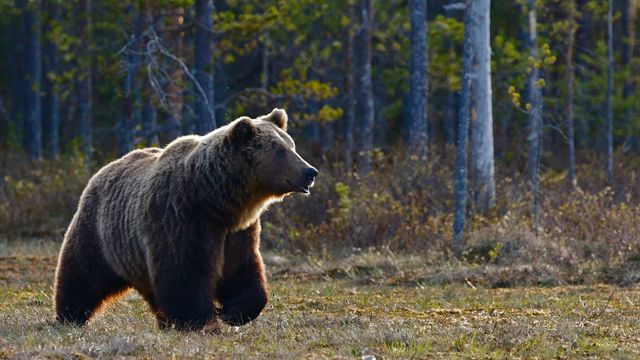
News
Grizzly Bears' Circadian Clocks Keep Going Through Hibernation
The internal clocks of grizzly bears appear to keep ticking through hibernation, according to a genetic study. This persistence highlights the strong role of circadian rhythms in the metabolism of many organisms including humans.
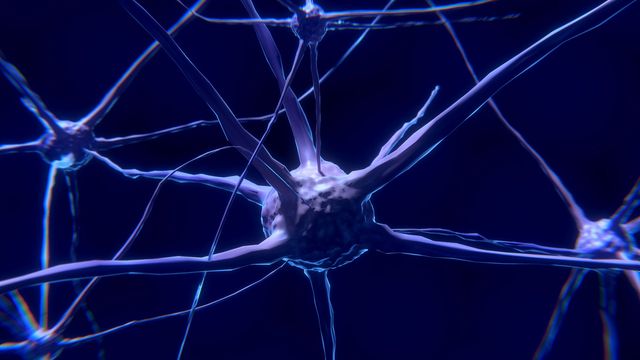
News
Parkinson's Disease Halted in Mouse Model
Researchers have shed new light on the cellular processes behind Parkinson's and illustrated how disease progression can be halted in a mouse model.
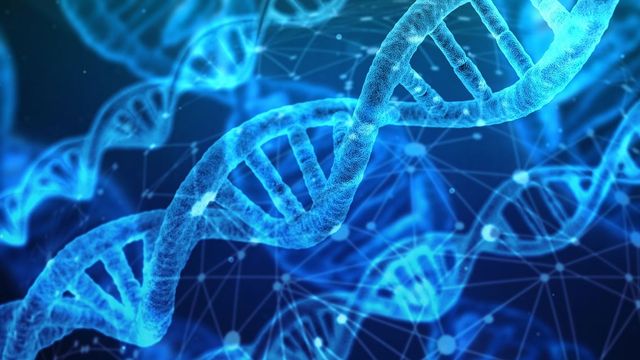
News
IBD Risk Varies for People of European and African Ancestry
Researchers have questioned whether rare variants associated with IBD, found in people with European ancestry, confer the same risk in African Americans.
Advertisement
